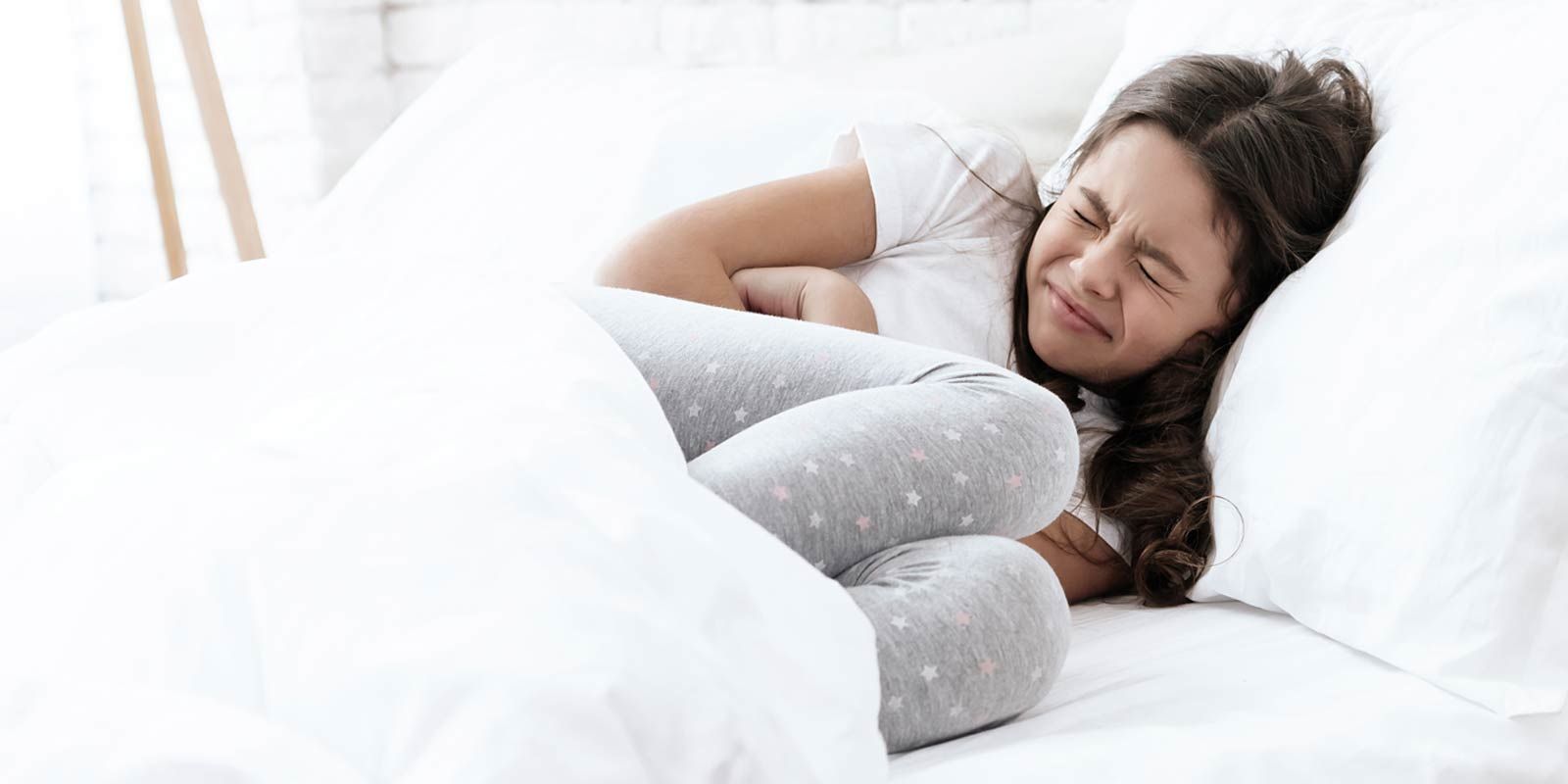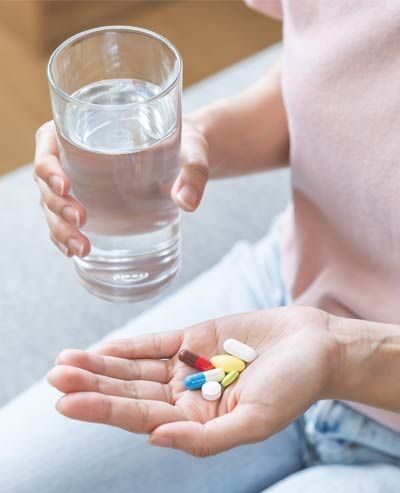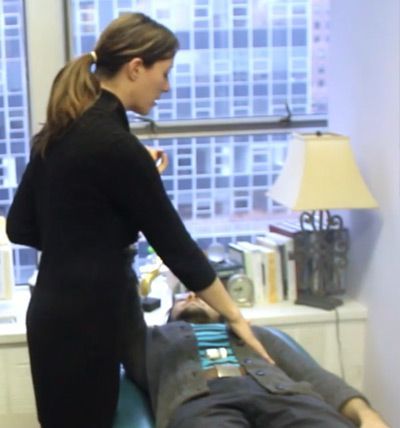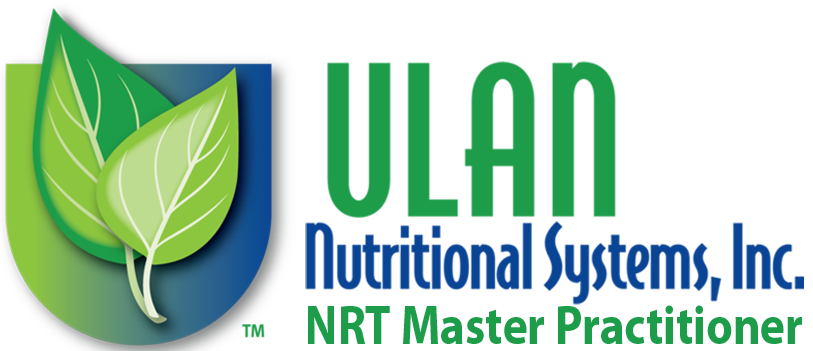Diverticulitis Remedies NYC - Dr. Alicia Armitstead
Given these potential complications, seeking prompt treatment for diverticulitis is crucial. Early diagnosis and appropriate management can prevent these severe outcomes and improve the patient's quality of life. If you experience symptoms of diverticulitis, such as significant abdominal pain, fever, or changes in bowel habits, please contact me right away!
-Dr. Alicia Armitstead
Natural Remedies for Diverticulitis at the Healing Arts NYC Health and Wellness Center in Manhattan NY 10017 and Connecticut
What is Diverticulitis?
Diverticulitis is a condition that occurs when small, bulging pouches (called diverticula) that can form in the digestive system's lining become inflamed or infected. These pouches are most commonly found in the lower part of the large intestine (colon). Diverticulitis can cause severe abdominal pain, fever, nausea, and a marked change in bowel habits.
The exact cause of diverticulitis is not entirely understood, but it is believed to be related to a lack of dietary fiber. This lack of fiber leads to increased pressure in the colon, which may result in the formation of diverticula. When these pouches tear, they can cause inflammation or infection.
Treatment for diverticulitis can vary depending on the severity of the condition. Mild cases may be treated with rest, a liquid or low-fiber diet, and antibiotics. More severe cases might require hospitalization, intravenous antibiotics, or even surgery if complications like perforation, abscess, or peritonitis occur.
Preventive measures typically include a high-fiber diet, regular exercise, and adequate fluid intake to help maintain a healthy digestive system and reduce the risk of developing diverticula. If you suspect you might have diverticulitis, it's important to seek medical attention for a proper diagnosis and treatment plan.
Symptoms of Diverticulitis
Diverticulitis can manifest with various symptoms, which can vary in severity. Common symptoms include:
- Abdominal Pain: Usually intense and persistent, primarily affecting the lower left side of the abdomen. The pain can sometimes arise suddenly or gradually increase over a few days.
- Fever: A mild to moderate fever is often present.
- Nausea and Vomiting: These may accompany the abdominal discomfort.
- Changes in Bowel Habits can include diarrhea, constipation, or a general alteration in regular bowel movement patterns.
- Bloating and Gas: A feeling of being bloated or excessive gas can occur.
- Loss of Appetite: A decreased desire to eat is common.
- Blood in Stool: In some cases, bleeding can occur, which may be visible in the stool. This can indicate a more severe problem and should be reported to a healthcare provider immediately.
- Tenderness in the Abdomen: The affected abdomen may be tender to touch.
If you experience diverticulitis symptoms, seeking medical attention is essential. Early diagnosis and treatment can help prevent complications, which may include abscesses, colon perforation, or peritonitis (inflammation of the abdominal lining).
Causes of Diverticulitis
The exact cause of diverticulitis is not entirely understood, but several factors are believed to contribute to its development. Here are some of the primary factors:
- Low-Fiber Diet: Low fiber diet can lead to constipation and increase pressure within the colon. This increased pressure can cause the formation of diverticula, small bulging pouches in the digestive tract.
- Aging: The risk of developing diverticula increases with age, as the structure of the colon wall can weaken over time.
- Obesity: Excess body weight increases the risk of developing diverticulitis.
- Sedentary Lifestyle: Lack of regular physical activity can contribute to diverticulitis. Exercise helps promote regular bowel movements and reduce pressure in the colon.
- Genetics: A family history of diverticulitis may increase the risk, suggesting a genetic component to the disease.
- Certain Medications: Long-term use of certain medications, like nonsteroidal anti-inflammatory drugs (NSAIDs), steroids, and opioids, may increase the risk of diverticulitis.
- Smoking: Tobacco use has been linked to an increased risk of developing diverticulitis as well as other intestinal issues.
- Other Health Conditions: Conditions such as irritable bowel syndrome (IBS), previous gastrointestinal infections, and other disorders may contribute to the development of diverticulitis.
While the presence of diverticula alone (known as diverticulosis) may not cause symptoms, infection or inflammation of these pouches results in diverticulitis, if you suspect diverticulitis or are experiencing symptoms, it's important to seek medical advice for a proper diagnosis and appropriate treatment.
How The Traditional Medical Community Treats Diverticulitis
The traditional medical community typically treats diverticulitis based on the severity of the condition and the individual patient's symptoms. For mild or uncomplicated cases, treatment often includes dietary modifications, where patients are advised to follow a clear liquid diet for a few days to allow the colon to heal.
Gradually, they can transition to a low-fiber diet and later resume a high-fiber diet. Oral antibiotics are usually prescribed to treat the infection, and over-the-counter pain relievers like acetaminophen may be recommended, with nonsteroidal anti-inflammatory drugs (NSAIDs) generally avoided due to their potential to increase the risk of complications.
Additional treatments may be necessary in more severe cases or if complications such as abscesses, perforation, or severe inflammation occur. Hospitalization may be required for intravenous (IV) antibiotics and fluids to manage the infection and prevent dehydration. More potent pain relievers may be administered in a hospital setting, and if an abscess forms, it may need to be drained via a needle with the help of imaging guidance like a CT scan.
For patients with chronic or recurrent diverticulitis, particularly those with complications such as fistulas or strictures, more invasive treatments may be considered. Surgery might be necessary, and this can involve a bowel resection where the affected portion of the colon is removed and the healthy sections are reconnected. This procedure can be done via traditional open surgery or laparoscopic surgery, which is less invasive. In some cases, a colostomy may be performed temporarily, where the end of the colon is brought through the abdominal wall to form a stoma, allowing the affected part of the colon to heal.
Even after recovery, preventive measures are emphasized to avoid recurrence. Increasing dietary fiber intake helps soften stools and promote regular bowel movements, reducing the risk of future diverticula formation. Drinking fluids helps keep stools soft, and regular exercise promotes healthy bowel function. Avoiding smoking and certain medications, which can increase the risk of diverticulitis, is also recommended. Regular follow-ups with a healthcare provider can help manage the condition effectively and prevent further complications.
Dr. Alicia Armitstead's Holistic Treatment for Diverticulitis
Dr. Alicia Armitstead, an NRT Master Practitioner, is one of the country's foremost experts in muscle testing. Muscle testing, including methodologies such as Applied Kinesiology (AK) and Nutrition Response Testing (NRT), is an alternative approach some practitioners use to assess and treat various health issues, including diverticulitis. These methods are based on the premise that muscle strength can reflect the body's health and response to specific stimuli, such as nutritional deficiencies or food sensitivities.
- Applied Kinesiology involves testing the strength of specific muscles in response to various physical and chemical stimuli. A practitioner might have a patient hold a particular food or nutrient supplement while testing the resistance of a muscle. If the muscle weakens, it is taken as a sign that the body might reject or react negatively to the substance. In the context of diverticulitis, AK practitioners aim to identify foods or environmental factors that might be contributing to digestive inflammation. Based on the muscle testing results, Dr. Armitstead recommend dietary adjustments, nutritional supplements, or lifestyle changes believed to reduce symptoms and prevent recurrence.
- Nutrition Response Testing relies on muscle strength testing to identify nutritional imbalances and sensitivities. The practitioner might assess organ function and nutritional needs by applying gentle pressure to a patient's arm while they touch various reflex points on their body. If the arm weakens, it is interpreted as an indication of an issue in the corresponding part of the body.
Dr. Armitstead would focus on detecting digestive system imbalances or deficiencies for diverticulitis. Upon identifying specific nutritional needs or sensitivities, she would recommend tailored dietary adjustments and a guided nutritional supplement plan to promote healing and improve digestive health with whole-food supplements that make up for essential nutrition missing from patients' diets.
What Can Happen if Diverticulitis is Left Untreated
If left untreated, diverticulitis can lead to several severe and potentially life-threatening complications. Here are some potential risks associated with untreated diverticulitis:
- Abscess Formation - An abscess is a localized collection of pus that can form in the tissues surrounding the inflamed diverticula. It can cause significant pain and tenderness and may require drainage, either by needle aspiration using imaging guidance or through surgery.
- Perforation - Severe inflammation or infection can lead to a perforation or tear in the colon's wall. This allows the colon's contents, including bacteria, to spill into the abdominal cavity, which can cause peritonitis, a severe and generalized inflammation of the peritoneum (the lining of the abdominal cavity).
- Peritonitis - Peritonitis is a potentially life-threatening condition that results from the perforation of the colon. Symptoms include severe abdominal pain, fever, and a rigid, board-like abdomen. Immediate medical and often surgical intervention is necessary to treat this condition.
- Fistula Formation - A fistula is an abnormal connection that can develop between the colon and other organs, such as the bladder, vagina, or other parts of the intestines. This can lead to severe complications, including infections and the malfunctioning of the connected organs, and often requires surgical repair.
- Intestinal Obstruction: Chronic inflammation and scarring from recurrent diverticulitis can cause partial or complete intestine blockage, leading to bowel obstruction. Symptoms can include severe abdominal pain, vomiting, and inability to pass gas or stool, necessitating immediate medical attention.
- Sepsis - If the infection from untreated diverticulitis spreads into the bloodstream, it can result in Sepsis, a life-threatening systemic response to infection. Symptoms include fever, rapid heart rate, rapid breathing, and confusion. Sepsis requires urgent medical treatment, typically in an intensive care unit.
- Strictures - Repeated inflammation and subsequent healing can lead to scar tissue formation, which can narrow the passage of the colon. Strictures can cause chronic pain and bowel obstruction, often requiring surgical intervention to remove the scarred section of the colon.

Contact Dr. Alicia Armitstead for More Information Regarding Holistic Treatment for Diverticulitis
Given these potential complications, seeking prompt treatment for diverticulitis is crucial. Early diagnosis and appropriate management can prevent these severe outcomes and improve the patient's quality of life. If you experience symptoms of diverticulitis, such as significant abdominal pain, fever, or changes in bowel habits, consulting Dr. Armitstead is essential.
Early intervention can often resolve the infection and inflammation with less invasive treatments, making it essential to address symptoms promptly to avoid the complications mentioned. Regular follow-up and adherence to preventive measures, such as a high-fiber diet and adequate hydration, can also help manage the condition effectively.
Please contact us today!
Additional References
- Diverticulitis Overview - Mayo Clinic
- Understanding Diverticulitis Basics - WebMD




